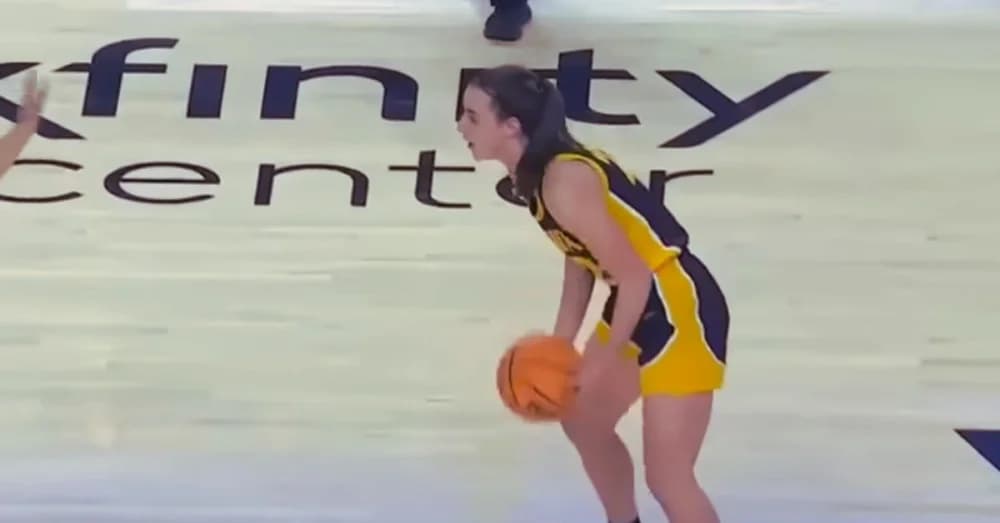The Impact of Caitlin Clark’s Popularity on NCAA Women’s Basketball

Caitlin Clark emerges as a sensation within NCAA women’s basketball, igniting profound changes and consequences within the league due to her extraordinary talent and charisma as the point guard for the Iowa Hawkeyes.
One of the most tangible outcomes of Clark’s popularity is the consistently sold-out stadiums witnessed at every Hawkeyes game, whether played at home or away. This surge in attendance not only enhances the game’s atmosphere but also significantly boosts revenue for both the teams and the NCAA.
Dubbed as “Clarkonomics,” this unforeseen phenomenon draws parallels to the influence Taylor Swift wields within the NFL, marking a paradigm shift in women’s collegiate basketball.
The NFL may have “Swiftonomics,” but the NCAA has “Clarkonomics.”
If you want to get close to the court where Iowa’s Caitlin Clark may make NCAA women’s basketball history, expect to fork out around $1,000 per ticket. https://t.co/8ydeJS4a8I
— Scripps News (@scrippsnews) February 5, 2024
The NCAA rejoices in Clark’s transformative impact on women’s basketball, alongside Angel Reese of the LSU Tigers, as they breathe new life into the sport. However, amidst the celebration, not all parties reap the benefits of this surge.
The repercussions for fans are evident, particularly concerning ticket prices, which have skyrocketed due to the heightened demand. A prime example is the Hawkeyes’ upcoming game against Nebraska on February 11, where Clark is poised to break Kelsey Plum’s career scoring record.
With tickets already sold out, resale prices start at $145, with court-level seats fetching at least $1,000. As the game approaches, resale rates are expected to climb further, showcasing the substantial financial impact of Clark’s popularity on fan attendance.
Clark’s magnetic charisma and exceptional talent, demonstrated notably during the 2023 Finals with back-to-back 41-point performances in the Elite Eight and Final Four, have propelled her into the limelight. Despite LSU’s victory in the final match, Clark’s presence alongside Reese resonates as a testament to their meteoric rise in popularity, shaping the future landscape of NCAA women’s basketball.






